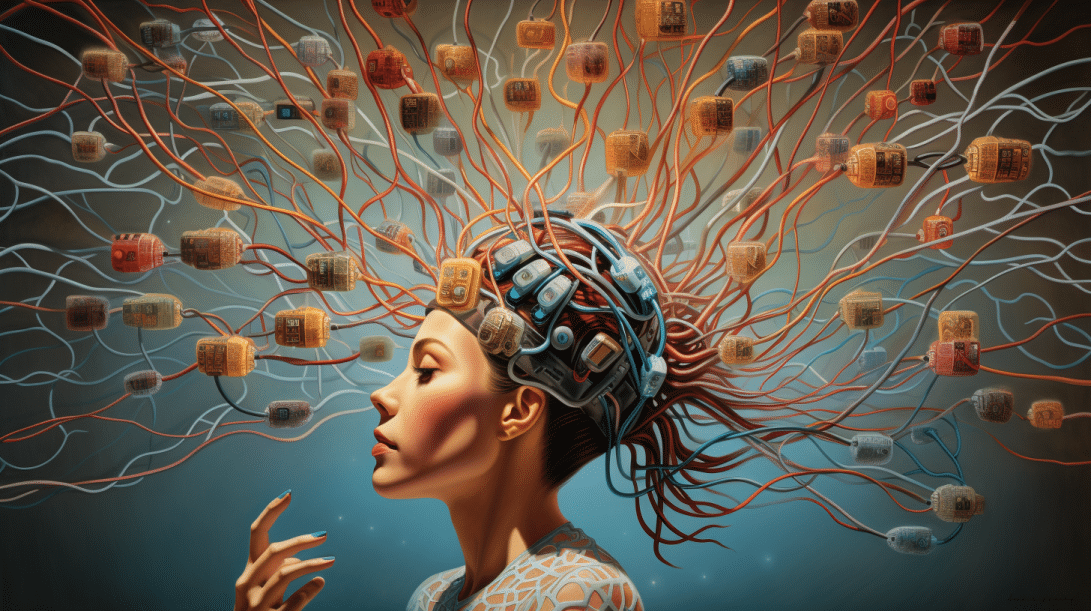Neuromodulation for OCD: Invasive & Non-Invasive Techniques (TMS, TDCS, DBS)
Obsessive-compulsive disorder (OCD) is a challenging psychiatric illness affecting 2% of the population. While some patients respond to therapy and medications, others continue to suffer from severe, treatment-resistant symptoms. Exciting new research shows that directly modulating brain activity through neuromodulation techniques can provide relief for these patients. Key Facts: OCD involves dysfunction in brain networks …










